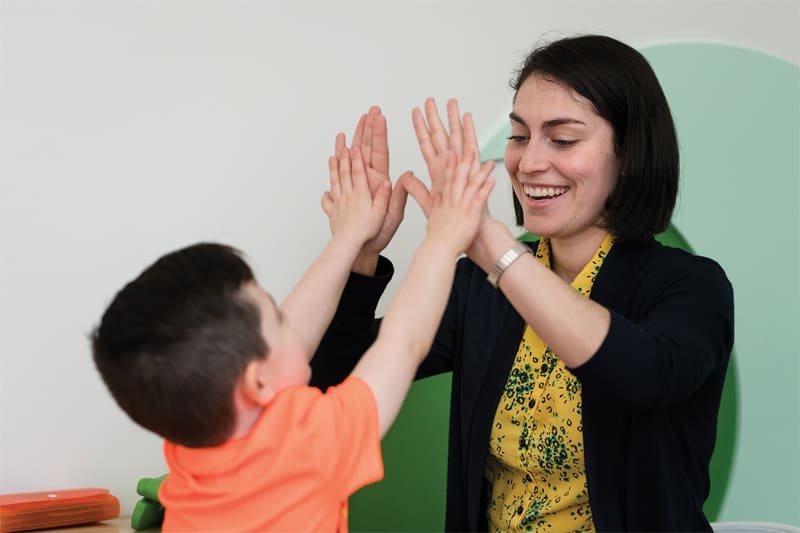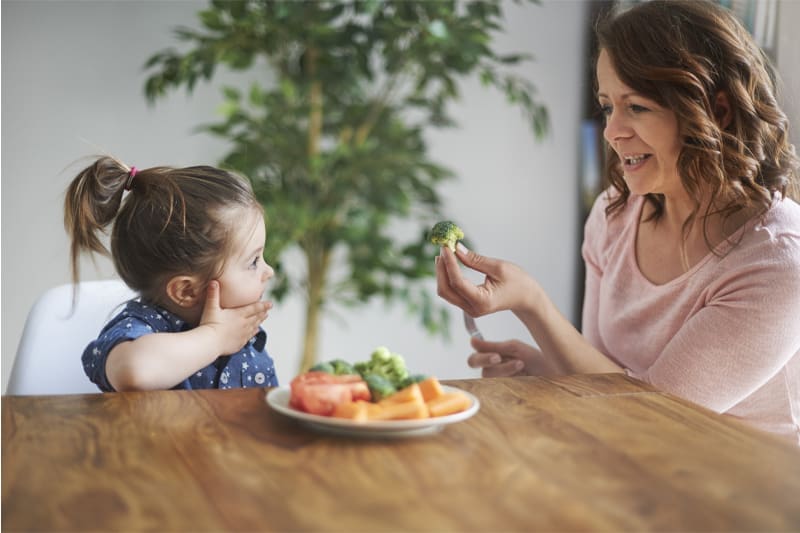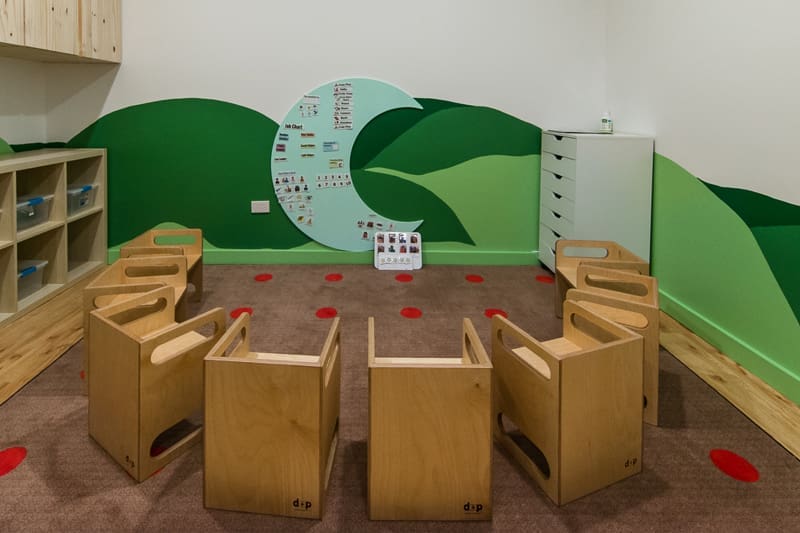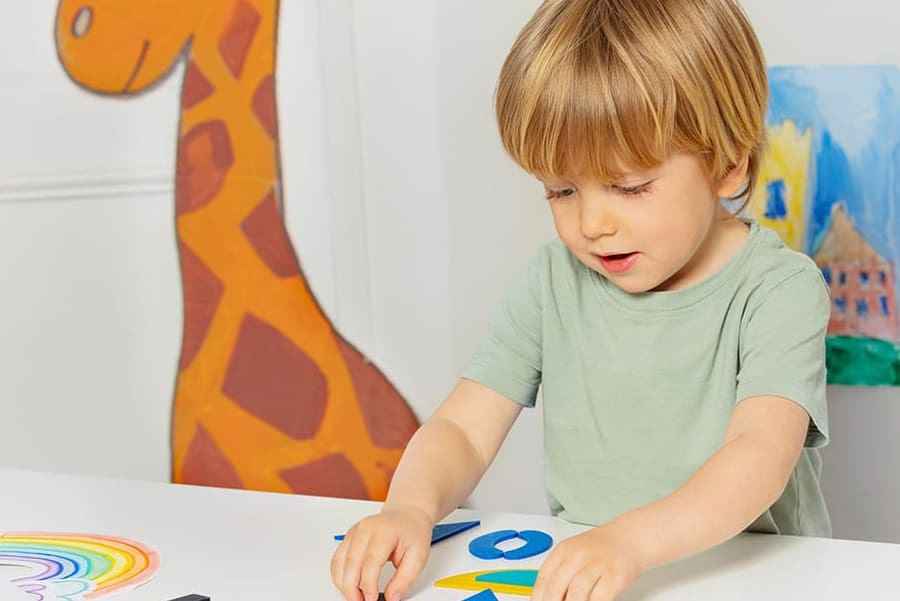Feeding Therapy
at CST Academy
Turning Mealtimes into Moments of Success

What Is Pediatric Feeding Therapy?
Pediatric feeding therapy supports children who struggle with chewing, swallowing, trying new foods, or maintaining proper nutrition. These challenges may be related to sensory sensitivities, motor skill difficulties, developmental delays, or behavioral patterns around food.
At CST Academy, feeding therapy is customized to each child’s specific needs. We combine clinical expertise with patience, play, and a family-centered approach to help children expand their food variety and gain confidence at the table.
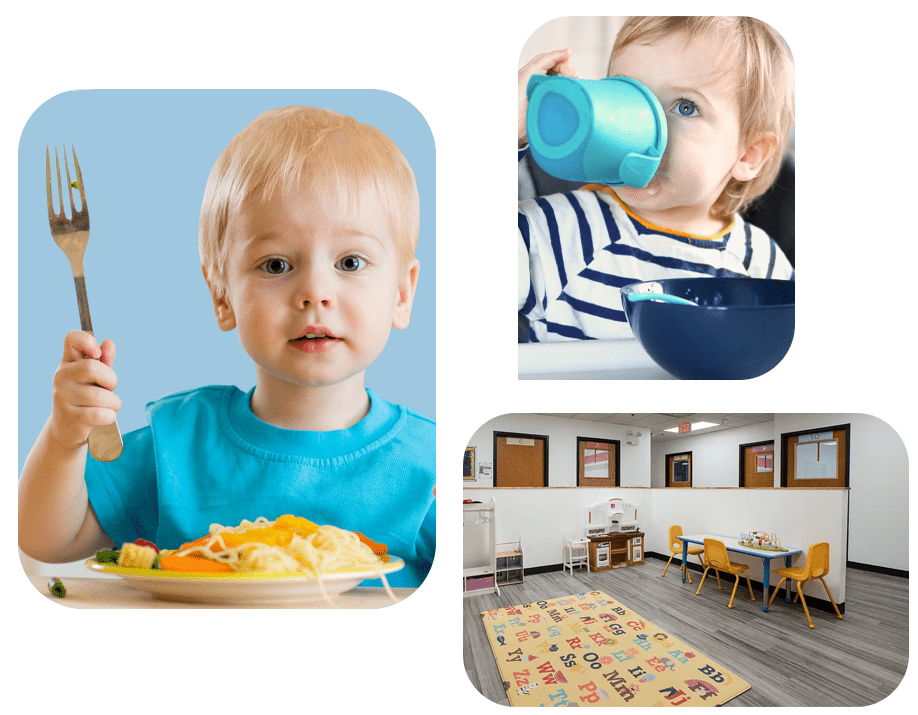
Why Choose CST Academy for Feeding Therapy?
We also empower families with practical tools, hands-on coaching, and home strategies—because we know that real progress happens when parents feel supported too.
The CST Academy Difference
Building Skills That Support Positive Mealtimes

Oral Motor Skills
Sensory Tolerance for Foods
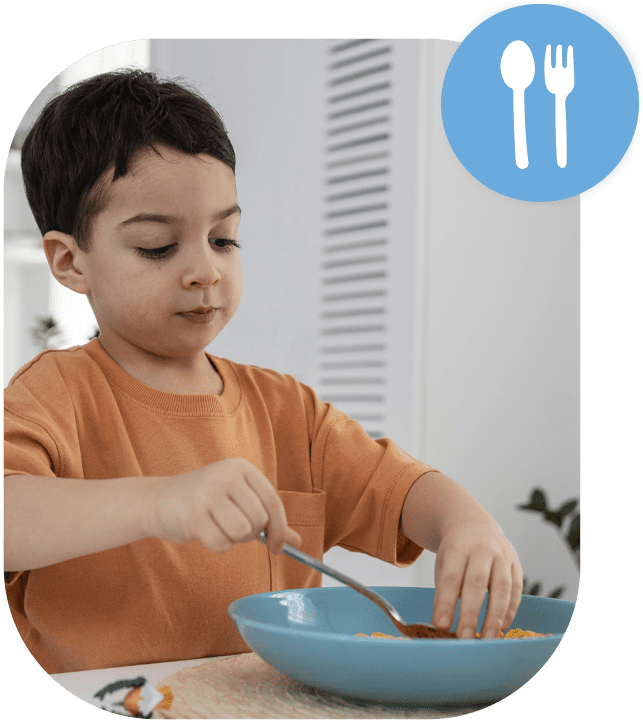
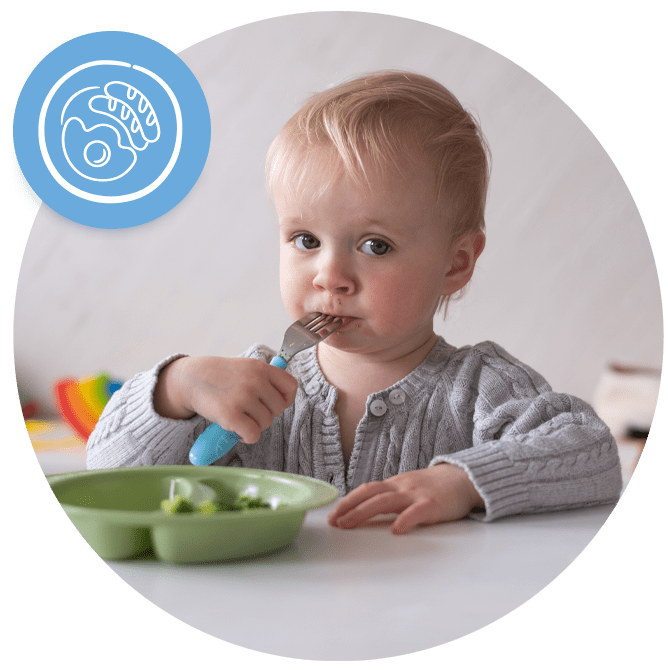
Picky Eating & Limited Diet Variety
Behavioral Mealtime Challenges

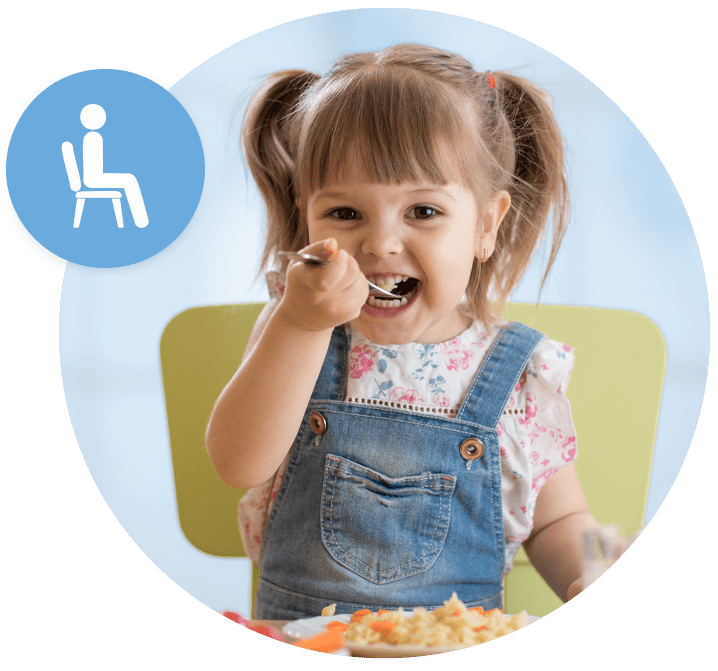
Posture & Positioning
Parental Coaching & At-Home Success

Start Your Journey with CST Academy Today
"*" indicates required fields
A Comprehensive, Collaborative Approach to Feeding Success
Here’s how combining feeding therapy with other services leads to better outcomes:
Applied Behavior Analysis (ABA)

Speech Therapy

Occupational Therapy

Physical Therapy

Autism Evaluations

Therapeutic Preschool

When to Consider Feeding Therapy for Your Child
Extremely Limited Food Variety
Gagging, Choking, or Difficulty Swallowing
Avoidance of Specific Textures or Temperatures
Mealtime Anxiety or Tantrums Around Food
Weight Concerns or Failure to Thrive
Difficulty Chewing or Managing Food in the Mouth
History of Feeding Tube or Medical Trauma
Trouble Using Cups, Utensils, or Straws
Overstuffing Mouth or Refusing to Eat at All
A Place Where Mealtimes
Become Meaningful Moments
While mealtimes may feel overwhelming now, we’re here to make them manageable and empowering. Feeding therapy at CST Academy is about more than trying new foods—it’s about helping your child feel safe, supported, and proud of every small step forward. We work side-by-side with families to build a foundation of trust, progress, and joy—one bite at a time.

What Parents Are Saying About
Feeding Therapy at CST Academy
Frequently Asked Questions About
Feeding Therapy at CST Academy
Explore Our Feeding Therapy Specializations

Feeding challenges can vary widely from child to child, which is why CST Academy offers a variety of specialized services under our Feeding Therapy program. Whether your child is struggling with picky eating, transitioning from purees, or developing mealtime independence, our expert therapists provide targeted, supportive interventions tailored to their unique needs. Explore our areas of specialization below to learn how we can help your child develop healthier, happier feeding habits.
- Picky Eating: Support for children who eat a limited variety of foods due to sensory sensitivities, anxiety, or behavioral factors.
- Oral Motor Weakness: Therapy focused on improving the strength and coordination of muscles used for chewing, swallowing, and safe eating.
- Texture Aversion: Helps children gradually tolerate and accept a wider range of food textures through guided sensory exposure.
- Mealtime Behavior Management: Strategies to reduce mealtime stress and build positive routines for both children and caregivers.
- Food Exploration: Encourages curiosity and comfort around new foods through playful, hands-on experiences.
- Transitioning from Purees to Solids: Guided support to help children safely and confidently move from purees to age-appropriate table foods.
- Dysphagia: Clinical support for children with swallowing difficulties to ensure safe, efficient eating and reduce the risk of aspiration.
- Feeding Independence: Builds self-feeding skills, utensil use, and confidence so children can participate fully in mealtimes.
- Bottle Weaning: Helps toddlers transition from bottle to cup while maintaining adequate nutrition and emotional comfort.


